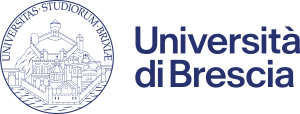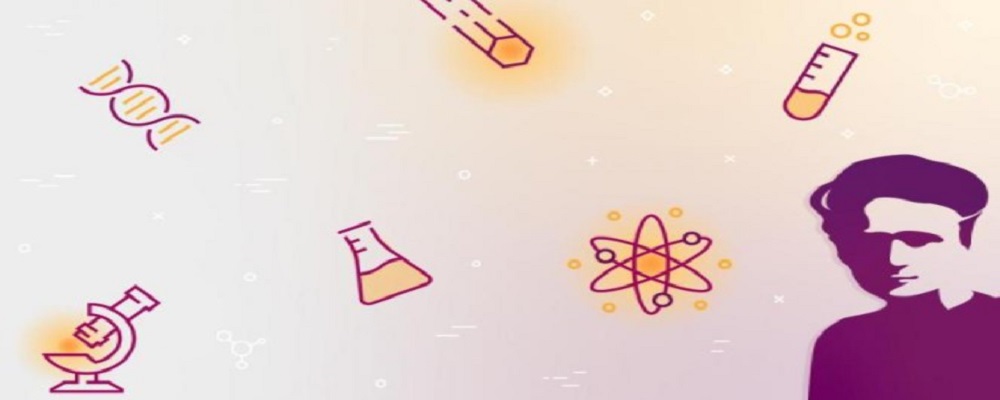Fino al 2 maggio 2025 è possibile candidarsi alla prima call di Nextstep, il programma di dottorato MSCA co-finanziato da Horizon Europe, per l’assegnazione di 18 posti di dottorato.
L’iniziativa mira a formare complessivamente 36 ricercatori, coinvolgendoli in progetti avanzati nei settori della fisica, scienza dei materiali, chimica, biochimica e ingegneria, con l’obiettivo di sviluppare soluzioni innovative per le sfide globali. In particolare, gli ambiti sono i seguenti:
- NS-ESRF01 – PhD thesis student: Mineral-Protein Superlattices in Silica Sponges
- NS-ESRF02 – PhD thesis Student: X-ray nano-exploration of solid-state battery microstructures under operando conditions
- NS-ESRF03 – PhD student: safety of high energy density batteries following real-world cycling
- NS-ESRF04 – PhD thesis student: Dynamics of hydrodynamic instabilities for inertial fusion energy
- NS-ESRF05 – PhD thesis student: Laser additive manufacturing of new generation aluminium alloys using advanced synchrotron techniques
- NS-ESRF06 – PhD thesis student: intermetallic magnets by X-ray magnetic spectroscopy
- NS-ESRF07 – PhD thesis student: F-elements for quantum technologies
- NS25-ILL05 – PhD student: in situ investigation of battery materials synthesis
- NS25-ILL06 – PhD student: analysis of lipid nanoparticles based delivery systems
- NS25-ILL07 – PhD student: experimental search and numerical investigation of magnetic hopfions
- NS25-ILL12 – PhD student: Structural biology of an RNA helicase by NMR, SANS and segmental labelling
- NS25-ILL25 – PhD student: picosecond diffusion during crystallisation processes
- NS25-ILL28 – PhD student: the microscopic mechanism behind boil-off H₂ reduction with activated carbon
- NS25-ILL34 – PhD student: Lipid Nanoparticles for Delivery of Antimicrobial Peptides
- NS25-FZJ01 – PhD thesis student: magnetic and structural properties of novel two-dimensional quantum materials
- NS25-ILL36 – PhD student: SAS studies of amine-rich mesoporous silica for CO2 capture
- NS25-FZJ02 – PhD student: proximity effects in two-dimensional magnetic heterostructures
I dottorandi selezionati avranno la possibilità di lavorare in infrastrutture di ricerca di eccellenza, tra cui:
- ESRF – The European Synchrotron Radiation Facility (Francia)
- ILL – The Institut Laue-Langevin (Francia)
- FZJ – Forschungszentrum Jülich (Germania)
Queste strutture, situate nel Campus Europeo di Grenoble (ESRF e ILL) e in Germania, offrono un ambiente di ricerca d’avanguardia, con accesso a strumenti e tecniche analitiche avanzate, fondamentali per l’innovazione scientifica e tecnologica.
L’iniziativa offre ai partecipanti la possibilità di affrontare temi cruciali per la sostenibilità ambientale e la competitività industriale, acquisendo competenze di alto livello in un contesto internazionale.
Una seconda tornata di selezione è prevista a partire da febbraio 2026.
(Fonte: First)


